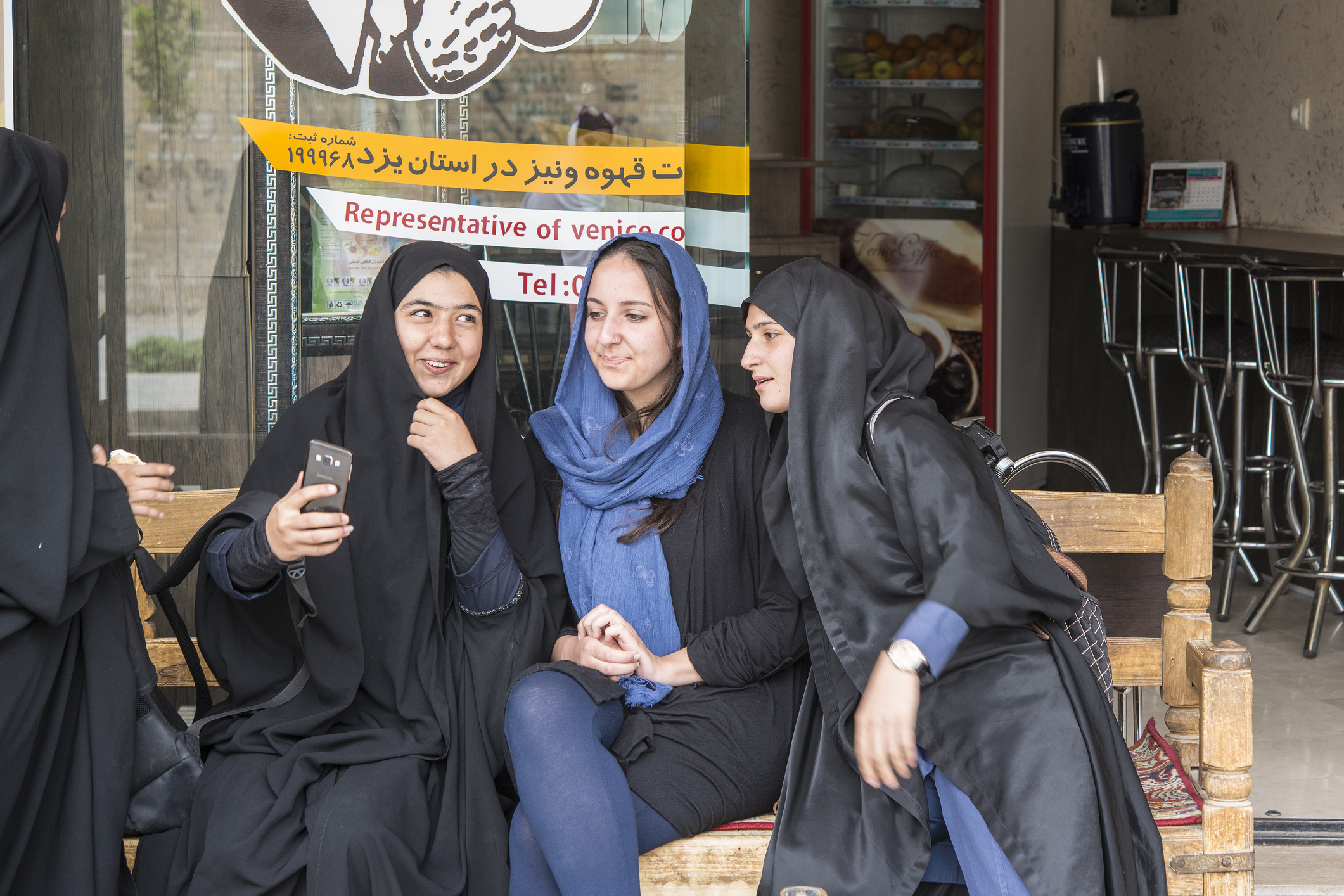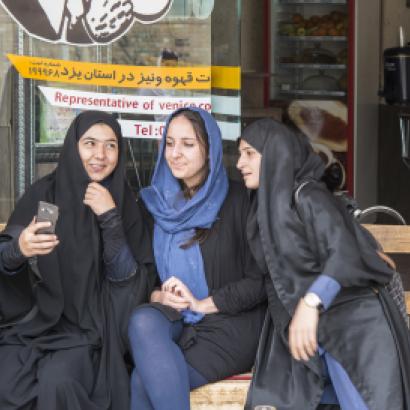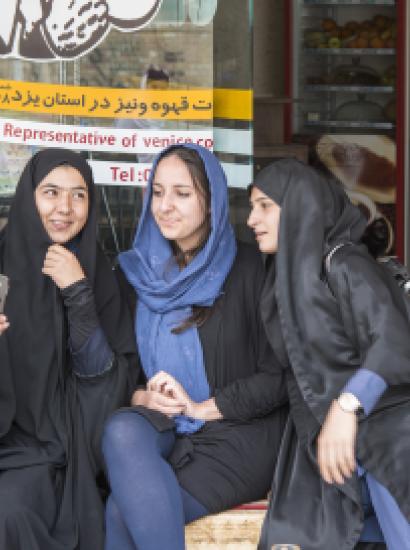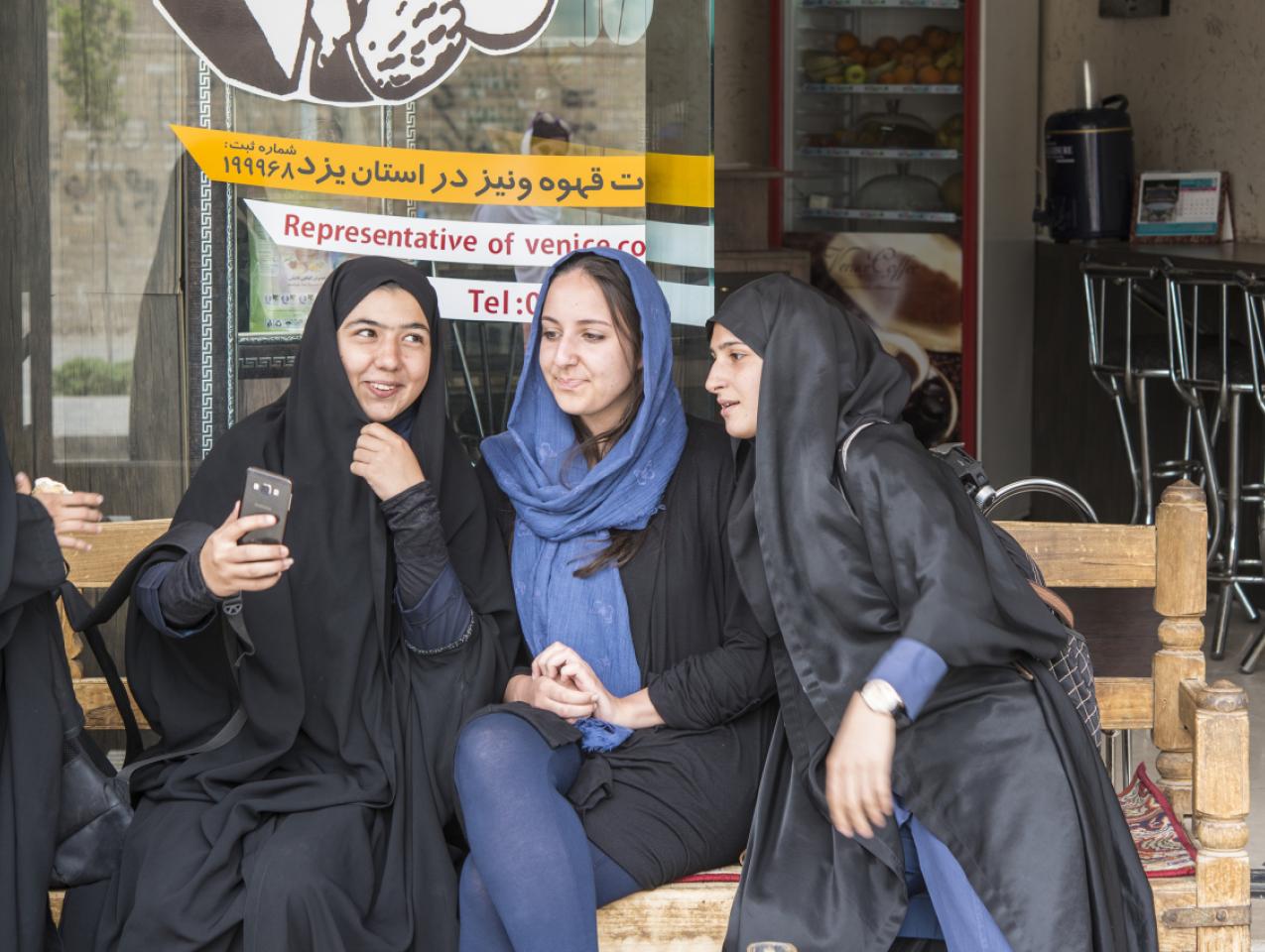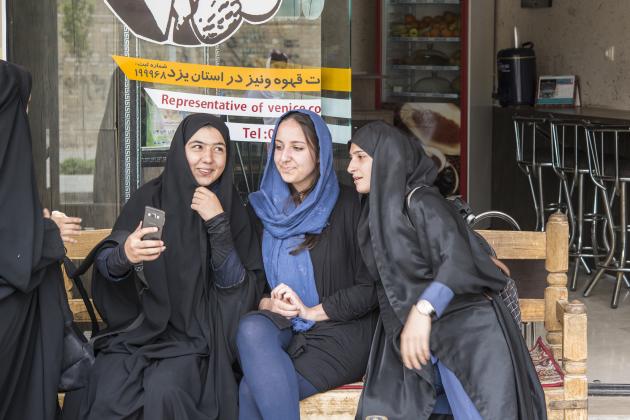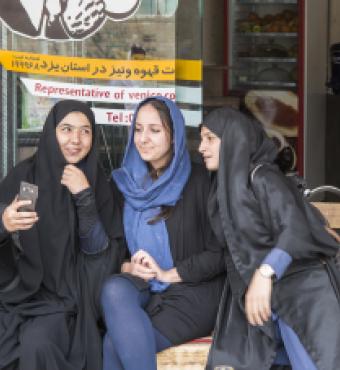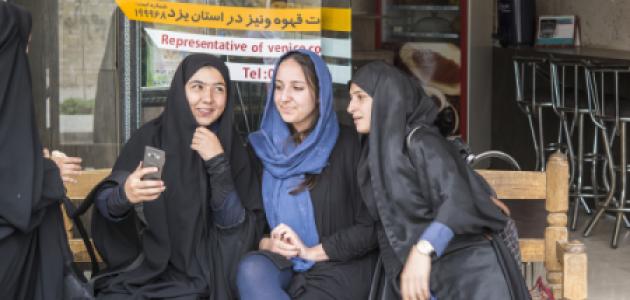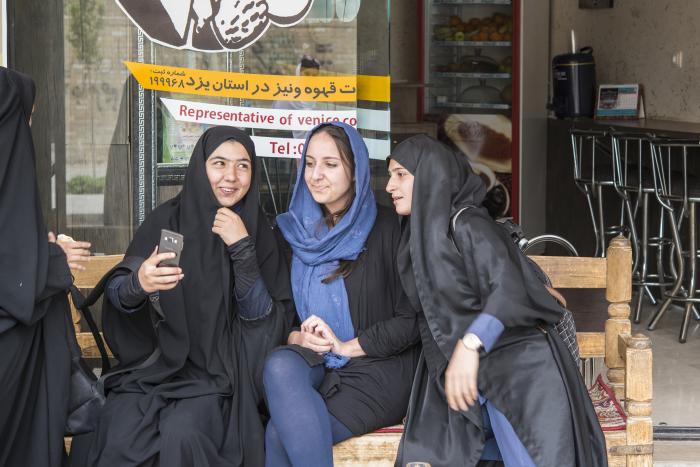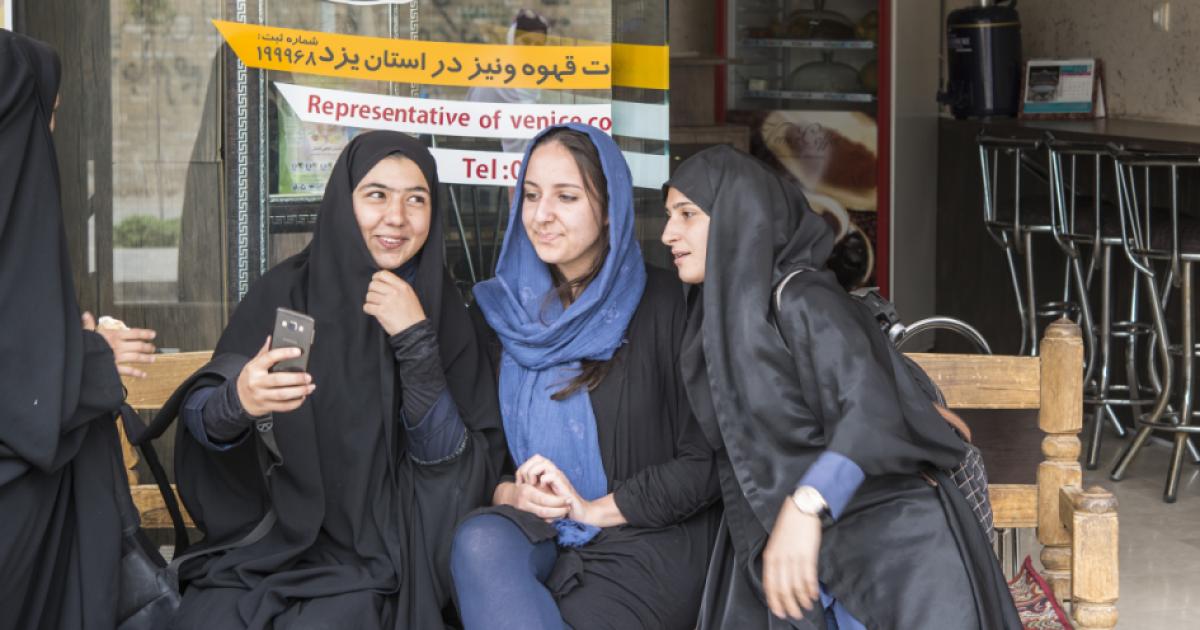- Energy & Environment
The global expansion of social media over the past decade has sparked a vibrant debate about its role in mobilizing political protest movements worldwide, from the Arab Spring to Occupy Wall Street. Clay Shirky was among the first to claim that social media can serve as a tool for bolstering civil society and the public sphere. Others, like Larry Diamond and Marc Plattner, took this further and defined social media as a ‟liberation technology” with the power to expedite democratization processes. A counter-argument to these so-called “cyber optimists” came from thinkers like Malcolm Gladwell and Evgeny Morozov. These and other “cyber pessimists” argued that the impact of social media on the political arena is limited, and cautioned that repressive authorities might exploit it to suppress opponents.
Six years after this debate began, both assessments seem somewhat categorical, as social media and its impact have grown more complex and nuanced. Undoubtedly, social media has profoundly influenced many spheres of life, including politics, but the prediction that it would hasten democratization proved optimistic. It is a tool that serves any master skilled enough to utilize it to his benefit - and not necessarily for democracy. Turkish President Erdogan, who used social media to save his authoritarian rule during the attempted coup of July 2016, offers one example. Another is the horrific efficiency of this medium in the hands of ISIS.
Social media also has the power to reshape identities and political relations by flattening old hierarchies. By creating new, highly interactive social arenas and providing information independently of governing authorities, social media has collapsed the traditionally vertical feed of information into a horizontal spread, and made information free for all. This broad process serves personal and collective quests for various liberties, although democracy does not necessarily follow.
Palestinian social media is often mentioned in the context of the debate regarding the extent of its role in the recent wave of lone wolf attacks against Israelis. Some attribute considerable power to mobilizing content, while others argue that the motivation for attacks lies in the occupation of the West Bank, socioeconomic conditions or personal reasons. This ongoing controversy reflects a limited understanding of the effect of social media, which is both wider and deeper than the narrow focus on the impact of mobilizing content. One of the most important implications of the effect of social media is its contribution to the changing relations between the individual and the traditionally surrounding collectives, an issue with substantial social and political consequences, including on lone wolf attacks.
In Palestinian society, young Palestinians, mostly those born since the early 1990s, are often described as an individualistic and self-absorbed generation (al-gil al-maslahgi), different from the previous generations that were perceived as more committed to the national collective. Like many of their global peers, they too are perceived - correctly, in this case - as anti-establishment. Palestinian sociologist Jamil Hilal observes that individualization processes have in fact been underway since 2005, when the Palestinian Authority (PA) adopted neoliberal economic policies that encourage a pursuit of personal economic interests rather than collective national goals. These policies, Hilal claims, extends beyond individuals to include government agencies and NGOs, rendering them dependent on donors and constantly struggling to ensure their economic survival. He also argues that the shift from the PLO’s egalitarian underground culture of comrade-brother to the state-like hierarchy of the PA has weakened Palestinian solidarity, as well as the urge to mobilize for collective action.
The wave of lone wolf attacks that began in October 2015 suggests that labeling the young generation as individualistic and self-absorbed is insufficient, and that a more nuanced characterization of Palestinian youth is required. By definition, lone wolf assailants appear to express sheer individualism, as most act without seeking permission or guidance from their family, or from political organizations - the traditional collective sources of authority. At the same time, these attacks may be seen as the ultimate individual sacrifice for the collective, whether national or religious (many assailants have declared, for example, that they did it to protect the al-Aqsa Mosque).
A striking example of the combination of these seemingly contradictory sides is found in a text titled “Ten Commandments for any Martyr”, which was posted on Facebook by 23 year old Bahaa Allyan in December 2014, a year before he and another assailant killed four passengers on a bus in Jerusalem. Serving as a will of sorts, four of Allyan’s “commandments” demand that his death not be appropriated by political organizations. Allyan addresses the different parties and stresses that the attack would be carried out on behalf of the national collective: “My martyrdom is dedicated to the homeland, not to you.” Allyan’s case shows that the seemingly contradictory individualistic and collectivistic sides of Palestinian youth are in fact reconcilable, and that social media plays a key role in framing the two together. They reject the social and political templates imposed by the traditional collectives, and expect the freedom to choose and even create the collective that suits their personal views and interests.
Social media provides such alternatives by creating social arenas in the form of online communities of various sizes and interests, ranging from small local groups to national-level ones. These online communities augment and sometimes even replace the old collectives as sources of authority and as an arena for collective action in the pursuit of a diverse range of goals.
Many of the online communities focus on a common interest, such as Ask Jerusalem, which fosters Palestinian knowledge about Jerusalem, or Mobilizing for Palestine, which describes itself as a nonpartisan group for young Palestinians interested in their national and human rights. Other communities address specific localities, such as the Facebook page called, Qalandia Refugee Camp, or the supra-regional community titled, The Discussions of the Boys and Girls of Hebron and Ramallah. The largest Palestinian online communities are Shihab and Shabakat Quds al-Ikhbariyya, with about six million followers each on Facebook. Both present themselves as news agencies but in fact are platforms for sharing information and exchanging ideas like other online communities. Their popularity derives largely from the fact that these two ‟news agencies” are perceived by young Palestinians as non-establishment. Paradoxically, most young supporters are unaware that both communities are quietly administered by Hamas, which uses them to shape the media agenda according to its own interests.
A clear example of the impact of online communities and the collective support they provide the individual can be found in the fact that some of these communities serve as sources of authority that support lone wolf assailants. Like other online communities, they operate on various social networking sites, and often use internal language of symbols and codes to conceal the intentions of their members. Although diverse in style, this coded online discourse reflects the same desire of potential assailants to gain legitimacy for their actions from their online communities.
On March 20 2017, the Israel Police announced it had uncovered a WhatsApp group named ‟The Road to Heaven” that was used for sharing religious content and encouraging lone wolf assailants. A week before, one of its members was killed after stabbing two police officers in Jerusalem. The police recovered the assailant’s smartphone, exposed the group and arrested another 18 members. Additional information from the Israeli security establishment attests to the scope of the online communities that support assailants. In April 2017, Israeli authorities reported that over the past year, monitoring online activity had uncovered 2200 Palestinians in various stages of preparing attacks. 400 of them were arrested, and the rest received warnings.
Social media has had a profound impact on Palestinians and many aspects of their life. It offers alternatives to traditional focal points of identity and authority, and allows individuals the independence to reshape their relations with their social and political environment. Part of the strength of this effect derives from the particular conditions of Palestinian reality, such as the occupation of the West Bank, the geographical and political division between the West Bank and the Gaza Strip, and the disappointment of many Palestinians in their political institutions for failing to resolve the Palestinian problem. However, one must not ignore the influence of global trends. First and foremost among these is the expansion of social media and its designated technologies, which unlike traditional media outlets, create new social and political arenas. An additional global process is the emergence of the new generation widely called Generation Z, which is generally characterized by individualism and a pessimistic mindset towards their future. Throughout the world, a strong anti-establishment attitude towards political organizations and professional establishments, including academia and the so-called “mainstream media,” is expanding. These tendencies drive a constant search for alternatives, for which social media offers a wealth of options.







